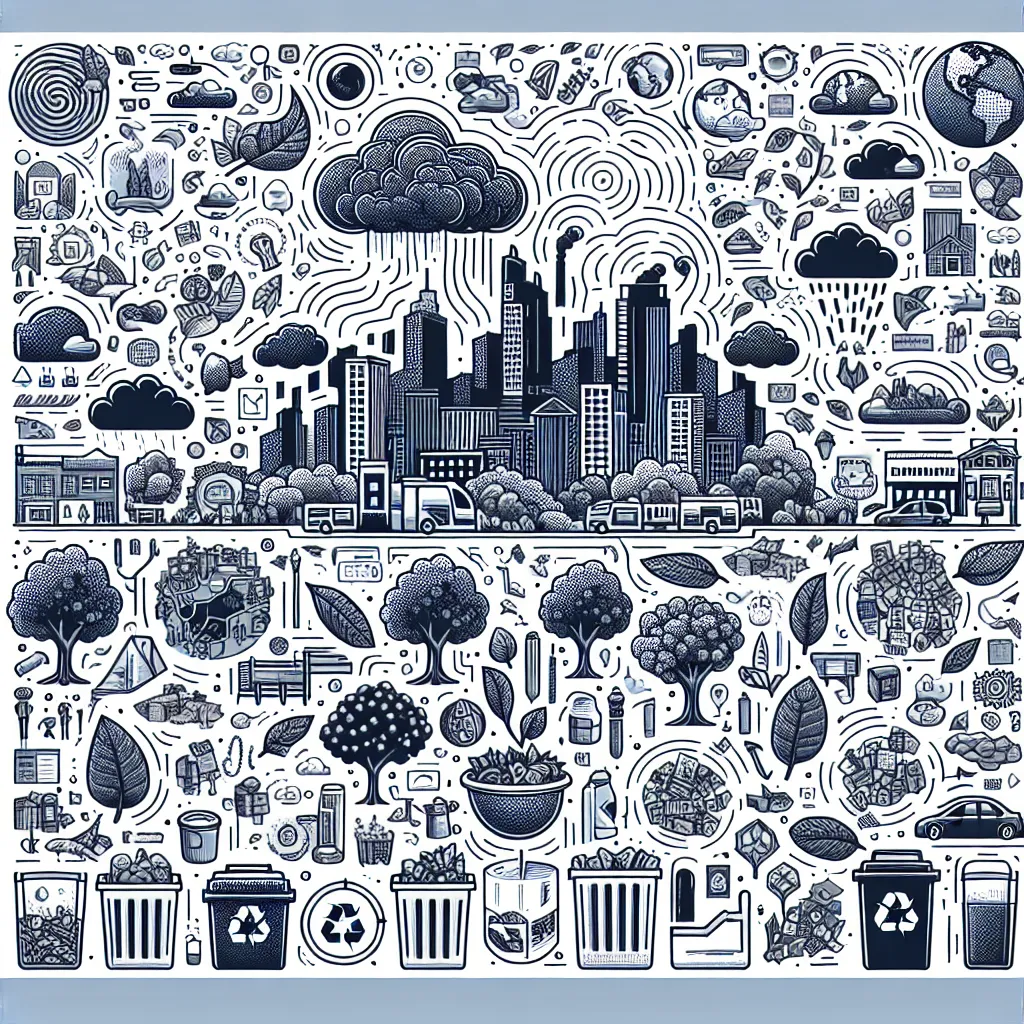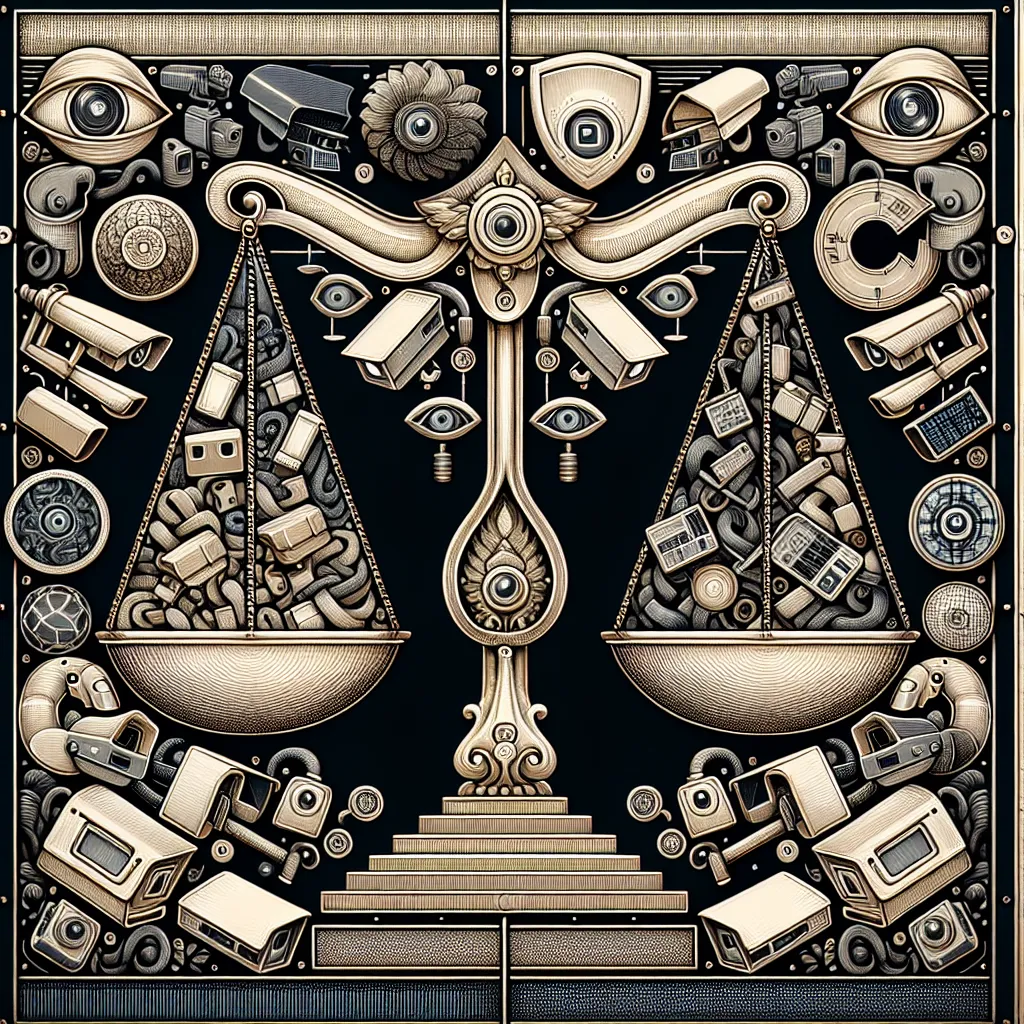Digital technologies and their impact on the workforce have become increasingly prevalent topics in IELTS Writing Task 2 examinations. This trend reflects the growing importance of technology in our professional lives and its profound effects on the job market. In this article, we’ll explore this theme through sample essays at different band levels, providing you with valuable insights and strategies to excel in your IELTS Writing Task 2.
Nội dung bài viết
Analysis of the Topic
The topic of digital technologies transforming the workforce has appeared in various forms in recent IELTS exams. It’s a highly relevant subject in today’s rapidly evolving job market, making it a favorite among examiners. Based on trends observed in past exams and the current global focus on digital transformation, we can expect this theme to continue featuring prominently in future IELTS Writing Task 2 questions.
Let’s examine a typical question on this topic:
Some people think that digital technologies are transforming the workforce in a positive way, while others believe they are causing more harm than good. Discuss both views and give your own opinion.
Analyzing the Question
This question requires you to:
- Discuss the positive impacts of digital technologies on the workforce
- Explore the negative effects of these technologies
- Present your own perspective on the issue
Remember to address all parts of the question and maintain a balanced approach while clearly stating your opinion.
Sample Essays
Band 8-9 Essay
Digital technologies have undeniably revolutionized the modern workforce, sparking debates about their overall impact. While some argue that these advancements have brought numerous benefits, others contend that they have created more problems than solutions. This essay will examine both perspectives before presenting my own viewpoint.
Proponents of digital technologies in the workplace emphasize their potential to enhance productivity and efficiency. Automation and artificial intelligence have streamlined many routine tasks, allowing employees to focus on more complex and creative aspects of their work. Furthermore, cloud computing and collaborative tools have facilitated remote work, offering flexibility and improving work-life balance for many professionals. These innovations have also opened up new career opportunities in fields such as data science, digital marketing, and cybersecurity, potentially offsetting job losses in traditional sectors.
On the other hand, critics argue that the rapid adoption of digital technologies has led to significant challenges. The most pressing concern is the displacement of workers, particularly in industries susceptible to automation, which can lead to unemployment and economic inequality. Additionally, the constant connectivity enabled by digital tools has blurred the boundaries between work and personal life, potentially leading to increased stress and burnout. There are also valid concerns about data privacy and security risks associated with the widespread use of digital platforms in professional settings.
In my opinion, while the challenges posed by digital technologies are real and should not be ignored, their positive impact on the workforce outweighs the negatives. The key lies in managing these technologies responsibly and implementing policies that support worker adaptation and retraining. Governments and businesses must collaborate to create educational programs that equip workers with the skills needed in the digital economy. Moreover, regulations should be put in place to protect employee rights and privacy in the digital workplace.
In conclusion, digital technologies are transforming the workforce in profound ways, bringing both opportunities and challenges. By embracing the benefits while actively addressing the drawbacks, we can harness the full potential of these innovations to create a more dynamic, flexible, and productive work environment for the future.
(Word count: 329)
Band 6-7 Essay
Digital technologies have changed the way we work in many ways. Some people think these changes are good, while others believe they cause more problems. This essay will look at both sides of this issue and give my opinion.
There are several positive effects of digital technologies on the workforce. Firstly, they have made many jobs easier and faster. For example, computers can do calculations quickly, saving time for workers. Secondly, the internet allows people to work from home, which can improve work-life balance. Lastly, new technologies have created new types of jobs, like social media managers and app developers.
However, there are also some negative impacts. One big problem is that some jobs are being replaced by machines, causing unemployment. This is especially true for factory workers and cashiers. Another issue is that people may feel stressed because they are always connected to work through their phones and computers. There are also worries about privacy and security when using digital tools at work.
In my opinion, digital technologies have more benefits than drawbacks for the workforce. They make work more efficient and create new opportunities. However, I think it’s important to help workers who lose their jobs because of technology. Governments and companies should provide training to help people learn new skills for the digital age.
To conclude, while digital technologies bring some challenges to the workforce, their advantages are greater. We need to manage these technologies well to make sure they benefit everyone in the working world.
(Word count: 255)
Band 5-6 Essay
Digital technologies are changing how people work. Some think this is good, but others say it’s bad. I will write about both ideas and give my opinion.
Good things about digital technologies at work:
- They make work faster. Computers can do many things quickly.
- People can work from home. This is good for family life.
- There are new jobs because of technology.
Bad things about digital technologies at work:
- Some people lose their jobs because machines do the work.
- Workers might feel stressed because they always have to check emails.
- There might be problems with keeping information safe.
I think digital technologies are mostly good for work. They help people do their jobs better and faster. But I also think we need to help people who lose their jobs because of technology. Maybe the government can teach them new skills.
In conclusion, digital technologies change work in both good and bad ways. But I believe the good things are more important. We should use technology to make work better for everyone.
(Word count: 169)
Explanation of Band Scores
Band 8-9 Essay Explanation
This essay demonstrates excellence in several key areas:
-
Task Response: The essay fully addresses all parts of the task, presenting a well-developed response with relevant, extended and supported ideas.
-
Coherence and Cohesion: Ideas are logically organized with clear progression throughout. Paragraphs are well-linked, and cohesive devices are used effectively.
-
Lexical Resource: A wide range of vocabulary is used with very natural and sophisticated control of lexical features. Rare minor errors occur only as ‘slips’.
-
Grammatical Range and Accuracy: A wide range of structures is used with full flexibility and accuracy. The majority of sentences are error-free with only very occasional inaccuracies or inappropriacies.
Band 6-7 Essay Explanation
This essay shows competent writing skills:
-
Task Response: The essay addresses all parts of the task, though some parts may be more fully covered than others.
-
Coherence and Cohesion: Information and ideas are arranged coherently and there is a clear overall progression. Cohesive devices are used effectively, but cohesion within and/or between sentences may be faulty or mechanical.
-
Lexical Resource: An adequate range of vocabulary is used for the task. Some less common lexical items are used, though there may be occasional inaccuracies in word choice and collocation.
-
Grammatical Range and Accuracy: A mix of simple and complex sentence forms is used. While there are some errors in grammar and punctuation, they rarely reduce communication.
Band 5-6 Essay Explanation
This essay demonstrates modest writing ability:
-
Task Response: The essay addresses the task only partially, with the format of the response not always appropriate.
-
Coherence and Cohesion: The overall progression of ideas is visible, but not always clear. Paragraphing is present but not always logical.
-
Lexical Resource: A limited range of vocabulary is used, with some attempts at using less common vocabulary, though not always successfully.
-
Grammatical Range and Accuracy: A limited range of structures is used. While the essay contains some complex sentences, they tend to be less accurate than simple ones.
 Digital Technologies in the Workforce
Digital Technologies in the Workforce
Key Vocabulary to Remember
-
Digital transformation (noun) /ˈdɪdʒɪtl trænsforˈmeɪʃn/: The integration of digital technology into all areas of a business.
-
Automation (noun) /ˌɔːtəˈmeɪʃn/: The use of largely automatic equipment in a system of manufacturing or other production process.
-
Artificial Intelligence (AI) (noun) /ˌɑːrtɪˈfɪʃl ɪnˈtelɪdʒəns/: The theory and development of computer systems able to perform tasks normally requiring human intelligence.
-
Remote work (noun) /rɪˈmoʊt wɜːrk/: A working style that allows professionals to work outside of a traditional office environment.
-
Cybersecurity (noun) /ˈsaɪbərˌsekjʊrəti/: The practice of protecting systems, networks, and programs from digital attacks.
-
Work-life balance (noun) /ˈwɜːrk laɪf ˈbæləns/: The division of one’s time and focus between working and family or leisure activities.
-
Displacement (noun) /dɪsˈpleɪsmənt/: The act of moving someone or something from their usual place or position, often in the context of job loss due to technological changes.
-
Upskilling (verb) /ʌpˈskɪlɪŋ/: The process of learning new skills or teaching workers new skills.
-
Data privacy (noun) /ˈdeɪtə ˈprɪvəsi/: The aspect of information technology that deals with the ability an organization or individual has to determine what data in a computer system can be shared with third parties.
-
Digital literacy (noun) /ˈdɪdʒɪtl ˈlɪtərəsi/: The ability to use information and communication technologies to find, evaluate, create, and communicate information, requiring both cognitive and technical skills.
Conclusion
The topic of digital technologies transforming the workforce is likely to remain relevant in future IELTS Writing Task 2 exams. To prepare effectively, consider practicing with similar prompts such as:
- How has the rise of remote work affected traditional office cultures?
- Discuss the importance of digital literacy in today’s job market.
- Should governments play a role in managing the impact of automation on employment?
Remember to structure your essays clearly, use a range of vocabulary and complex sentence structures, and always address all parts of the question. We encourage you to practice writing your own essay on this topic and share it in the comments section below. This active practice is an excellent way to improve your IELTS Writing skills and get feedback from others.


